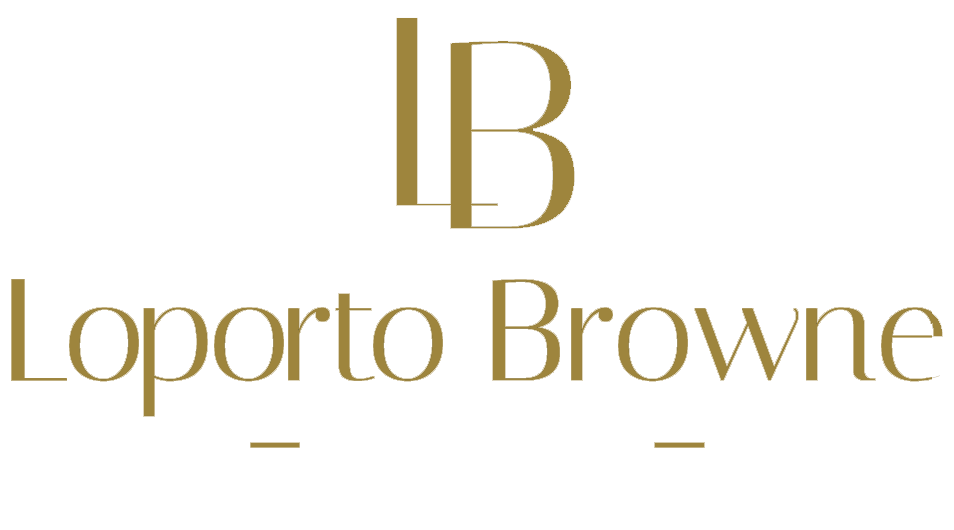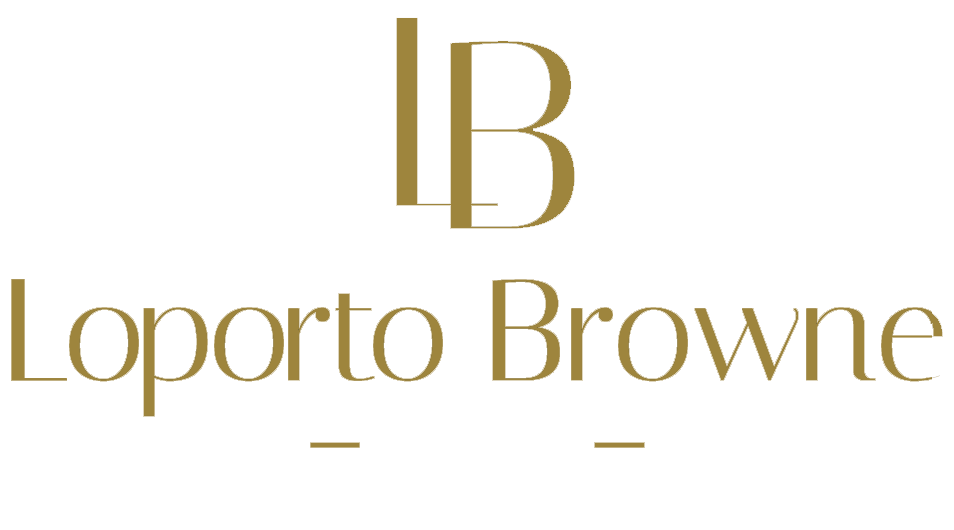
Buying your first home is tough

On average you will need a deposit of around 10% or more to give you access to the best mortgage rates, which can be difficult to save for, especially if you’re renting.
But it’s not all bad news – the Government offers a range of schemes designed to help buyers onto the housing ladder.
Here, we’ve taken a look at the available Government options and condensed them into bitesize sections to help you decide if any are right for you.
Help to Buy ISA
The Help to Buy ISA has now closed. If you have a Help to Buy ISA (or did so before 30 November 2019), you can still put savings into your account until November 2029.
In 2015 the Government introduced the Help to Buy ISA which offers a 25% tax-free bonus (up to a maximum of £3,000) towards the purchase of a first home. This means that for every £200 you save the Government will contribute an additional £50. And because the accounts are available to individual first-time buyers and not each household, if you’re planning to buy with a partner, for example, you could be entitled to double, bringing the total government bonus up to £6,000.
It’s important to note however that the Help to Buy ISA bonus cannot be put towards the initial deposit payable at exchange. Instead, the tax-free lump sum will be paid directly to the mortgage lender at completion. Put simply, you’ll have to save the initial deposit yourself and use the bonus to reduce the mortgage you need, and subsequent monthly repayments. There is also a £250,000 price cap on property the bonus can be used to buy to be aware of, although this rises to £450,000 in London.
Whilst you will be able to use your Help to Buy ISA savings in conjunction with any other Government scheme such as Help to Buy or Shared Ownership, it is important to bear in mind that a Help to Buy ISA is a cash ISA, and you are only permitted to pay into one cash ISA in each tax year.
The Help to Buy ISA is available from a range of banks, building societies, and credit unions.
Lifetime ISA
The Lifetime ISA is aimed at helping younger adults to save flexibly for the long term by offering a tax-free boost of up to £1,000 a year towards either buying your first home or saving towards retirement.
Savers aged between 18 and 40 will be given a 25% bonus on up to £4,000 of savings a year, which means you will receive £1 for every £4 you pay into the ISA before the age of 50. Savings and the bonus can then be put towards the purchase of a first home worth up to £450,000 anywhere in the UK so long as you are a first-time buyer or withdrawn at the age of 60.
Like regular ISAs, the Lifetime ISA is available as a cash ISA or stocks and shares ISA.
Help to Buy: Equity Loan scheme
The Help to Buy: Equity Loan is aimed at first-time buyers in England. It applies to new-build properties worth up to £600,000.
As of 16 December 2020, the Government updated the Help to Buy: Equity Loan scheme to include regional price caps based on the average first-time buyer price. These caps will be in place from April 2021 to March 2023.
Anyone who applied under the previous (2013-2021) scheme has until 31 March 2021 to legally complete their purchase and collect their keys. This doesn’t apple to anyone who reserved their home before 30 June where Homes England has agreed a deadline to the legal completion. In this case buyers have until 31 May to legally complete their purchase.
The Government recently extended the deadline for practical completion purchases by one month to the 31 March 2021. This follows delays to housebuilding caused by the coronavirus pandemic. Previously the date was 28 February.
The Help to Buy: Equity Loan scheme works by reducing the deposit you pay to 5% of the property’s price and offers an interest-free loan (for the first five years) for a further 20% of the property’s price from the Government. In year six, interest known as a ‘loan fee’ kicks in at 1.75%, with the rate then increasing each year thereafter at the RPI (retail prices index) measure of inflation plus 1%.
If you are buying a house in London the Government will provide a loan of up to 40% of the price of the property.
Some lenders are already offering mortgages in conjunction with the revised Help to Buy: Equity Loan scheme.
If this is something you are interested in, look out for the Help to Buy logo on new-build developments or get in touch with your local Help to Buy agent.
This scheme is available in England only. The Scottish Government, Welsh Government, and Northern Ireland Housing Executive run similar schemes – take a look at their websites for more information.
Help to Save
The Help to Save initiative launched in April 2018 and gives lower-income savers who can set aside £50 a month, a tax-free bonus of up to £1,200. So how does it work? For those who qualify a £600 bonus will be given at the end of two years, this is the equivalent of 50% of the amount saved.
Savers can continue to save for a further two years to receive an additional £600 bonus, which means in total, savers will be able to accumulate a pot of £3,600 under the scheme, £1,200 of which will have come from the Government.
The scheme is open to anyone who is in work and receives working tax credits or the universal credit and has household earnings equivalent to £6,365 for the year 2017.
Starter Home scheme
In March 2015, the Government announced the launch of Starter Homes which are targeted at helping first-time buyers who would otherwise be priced out of the market, get onto the property ladder. The scheme helps first-time buyers with an income of less than £80,000 (£90,000 for London) who are between the ages of 23 and 40, buy a new-build home with a 20% discount on the price.
There is, however, a built-in provision that requires these homes to be purchased with a mortgage that has a 15-year repayment period and if the property is sold within this time, some or all of the original discount will need to be repaid.
Councils all over the country have qualified for the scheme and starter homes are now available to purchase. You can learn more about Starter Homes here.
Shared Ownership
If you can’t quite afford the mortgage on 10% of a home, shared ownership gives you the chance to purchase a percentage of a property (between 25% and 75%) and pay rent on the remaining share. You then have the option to buy further chunks of the home as and when you can afford it until you own 100% under a process known as ‘staircasing’.
Shared Ownership is available to first-time buyers, previous homeowners and existing shared owners on both newly built or existing homes, but to qualify your household income must not exceed £80,000, or £90,000 if you’re buying in London.
If you are 55 or over you could be eligible for Older People’s Shared Ownership. This works in the same way as the Shared Ownership scheme, whereby you own a percentage of a property and pay rent on the remainder. However, unlike Shared Ownership, this scheme only allows you to purchase a maximum 75% share of your home, though once you own 75% you won’t have to pay rent on the remaining share.
Right to Buy
If you are a council tenant in England and have been for at least three years, you may qualify for the Right to Buy scheme. Right to Buy helps council tenants buy their home at a discounted price, offering a maximum reduction of up to £77,900 or £103,900 if you live in London.
For more information on Right to Buy, take a look at the HM Government website.
Contact me today and see how I can help you with your home and move.
Liana Loporto-Browne MNAEA President. More than just an estate agent.
020 8265 5028






